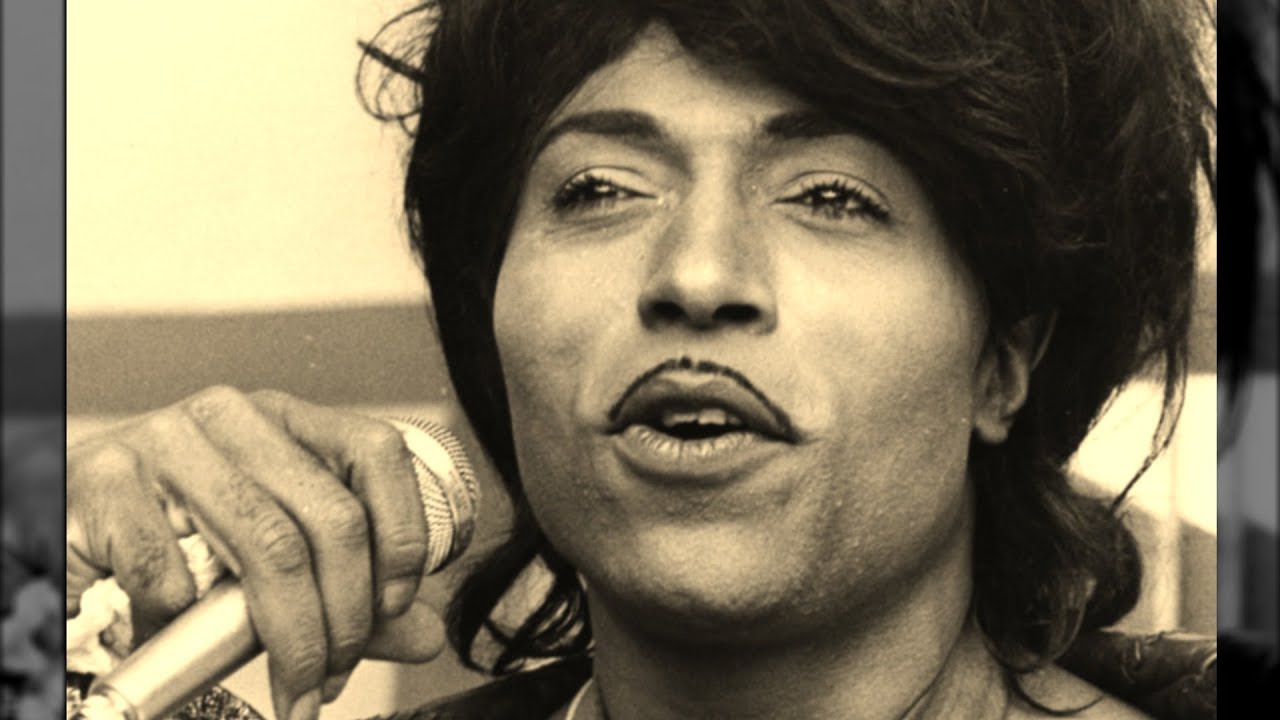Little Richard one of Rock’ n’ Roll founding father and superstar is dead at 87 years his son Danny Penniman broke the sad news to Rolling Stone on Saturday.
The cause of death is unknown, Penniman told the magazine.
Little Richard was born Richard Wayne Penniman in Macon, Georgia, in 1932.
The artist famed for his flamboyant style and inimitable singing enjoyed a series of hit songs in the 1950s ― from “Tutti Frutti” and “Long Tall Sally” to “Good Golly Miss Molly.”
Health problems – Little Richard
The legend just died and the story is still developing do return
Penniman nicknamed “The Innovator, The Originator, and The Architect of Rock and Roll.” His music and performance style had a pivotal effect on the shape of the sound and style of popular music genres of the 20th century. As a rock and roll pioneer, Penniman embodied its spirit more flamboyantly than any other performer. Penniman’s raspy shouting style gave the genre one of its most identifiable and influential vocal sounds, and his fusion of boogie-woogie, New Orleans R&B and gospel music blazed its rhythmic trail.
Combining elements of boogie, gospel, and blues, Little Richard introduced several of rock music‘s most characteristic musical features, including its loud volume and vocal style emphasizing power, and its distinctive beat and rhythm. He departed from boogie-woogie‘s shuffle rhythm and introduced a new unique rock beat, where the beat division is even at all tempos.
He reinforced the new rock rhythm with a two-handed approach, playing patterns with his right hand, with the rhythm typically popping out in the piano’s high register. His new rhythm, which he introduced with “Tutti Frutti” (1955), became the basis for the standard rock beat, which was later consolidated by Chuck Berry. “Lucille” (1957) foreshadowed the rhythmic feel of 1960s classic rock in several ways, including its heavy bassline, slower tempo, steady rock beat played by the entire band, and verse-chorus form similar to blues.

Penniman’s voice was able to generate croons, wails, and screams unprecedented in popular music. He was cited by two of soul music’s pioneers, Otis Redding and Sam Cooke, as contributing to that genre’s early development. Redding stated that most of his music was patterned after Penniman’s, referring to his 1953 recording “Directly From My Heart To You” as the personification of soul and that he had “done a lot for [him] and [his] soul brothers in the music business.” Cooke said in 1962 that Penniman had done “so much for our music.” Cooke had a top 40 hit in 1963 with his cover of Penniman’s 1956 hit “Send Me Some Loving.”
James Brown and others credited Little Richard and his mid-1950s backing band, The Upsetters, with having been the first to put the funk in the rock beat. This innovation sparked the transition from 1950s rock and roll to 1960s funk.
Penniman’s hits of the mid-1950s, such as “Tutti Frutti,” “Long Tall Sally,” “Keep A-Knockin'” and “Good Golly Miss Molly,” were generally characterized by playful lyrics with sexually suggestive connotations. AllMusic writer Richie Unterberger stated that Little Richard “merged the fire of gospel with New Orleans R&B. He pounded the piano and wailing with gleeful abandon,” and that while “other R&B greats of the early 1950s had been moving in a similar direction, none of them matched the sheer electricity of Richard’s vocals.
With his fast deliveries, ecstatic trills, and the overjoyed force of personality in his singing, he was crucial in upping the voltage from high-powered R&B into the similar, yet different, guise of rock and roll.”[39] Due to his innovative music and style, he’s often widely acknowledged as the “architect of rock and roll.”
Emphasizing the folk influences on Little Richard, English professor W.T. Lhamon Jr. wrote, “His songs were good booty. They were the repressed stuff of underground lore. And in Little Richard, they found a vehicle prepared to bear their chocked energy, at least for his capsulated moment.”

Ray Charles introduced Little Richard at a concert in 1988 as “a man that started a kind of music that set the pace for a lot of what’s happening today.” Rock and roll pioneer Bo Diddley called Penniman “one of a kind” and “a show business genius” that “influenced so many in the music business.” Penniman’s contemporaries, including Elvis Presley, Buddy Holly, Bill Haley, Jerry Lee Lewis, The Everly Brothers, Gene Vincent, and Eddie Cochran, all recorded covers of his works.
Taken by his music and style, and personally covering four of Little Richard’s tunes on his own two breakthrough albums in 1956, Presley told Little Richard in 1969 that his music was an inspiration to him and that he was “the greatest.” Pat Boone noted in 1984, “no one person could imitate more than Little Richard.”
As they wrote about him for their Man of the Year – Legend category in 2010, GQ magazine stated that Little Richard “is, without question, the boldest and most influential of the founding fathers of rock’n’roll.” R&B pioneer Johnny Otis said that “Little Richard is twice as valid artistically and important historically as Elvis Presley, the Beatles, and the Rolling Stones put together.”







